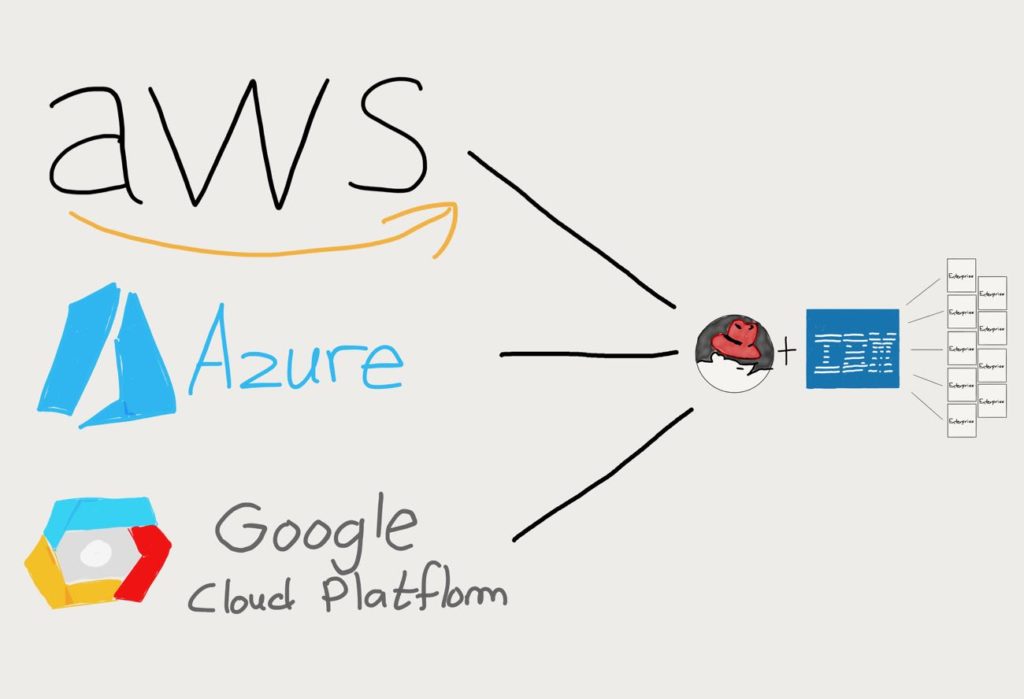This 2018 piece needs to be re read....in case you missed it.
stratechery.com
Objective observers wonder if this outtake has merit 3 years in?
IBM’s Unprepared MindThe best thing going for this strategy is its pragmatism: IBM gave up its potential to compete in the public cloud a decade ago, faked it for the last five years, and now is finally admitting its best option is to build on top of everyone else’s clouds. That, though, gets at the strategy’s weakness: it seems more attuned to IBM’s needs than potential customers. After all, if an enterprise is concerned about lock-in, is IBM really a better option? And if the answer is that “Red Hat is open”, at what point do increasingly sophisticated businesses build it themselves?
The problem for IBM is that they are not building solutions for clueless IT departments bewildered by a dizzying array of open technologies: instead they are building on top of three cloud providers, one of which (Microsoft) is specializing in precisely the sort of hybrid solutions that IBM is targeting. The difference is that because Microsoft has actually spent the money on infrastructure their ability to extract money from the value chain is correspondingly higher; IBM has to pay rent:

Perhaps the bigger issue, though, goes back to Gerstner: before IBM could take advantage of the Internet, the company needed an overhaul of its culture; the extent to which the company will manage to leverage its acquisition of Red Hat will depend on a similar transformation. Unfortunately, that seems unlikely; current CEO Ginni Rometty, who took over the company at the beginning of 2012, not only supported Palmisano’s disastrous Roadmap 2015, she actually undertook most of the cuts and financial engineering necessary to make it happen, before finally giving up in 2014. Meanwhile the company’s most prominent marketing has been around Watson, the capabilities of which have been significantly oversold; it’s not a surprise sales are shrinking after disappointing rollouts.
Gerstner knew turnarounds were hard: he called the arrival of the Internet “lucky” in terms of his tenure at IBM. But, as the Louis Pasteur quote goes, “Fortune favors the prepared mind.” Gerstner had identified a strategy and begun to change the culture of IBM, so that when the problem arrived, the company was ready. Today IBM claims it has found a problem; it is an open question if the problem actually exists, but unfortunately there is even less evidence that IBM is truly ready to take advantage of it if it does. |





